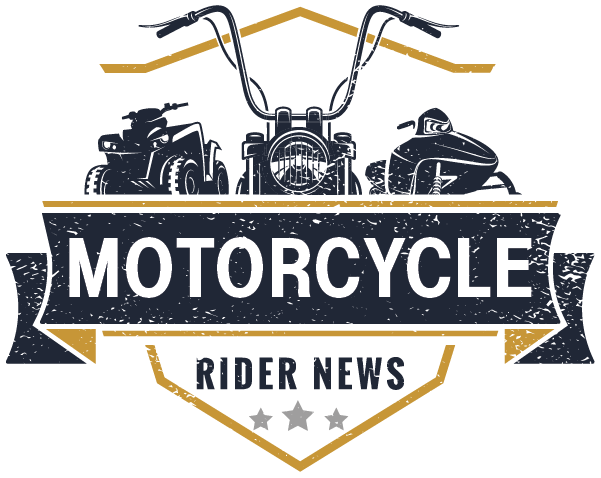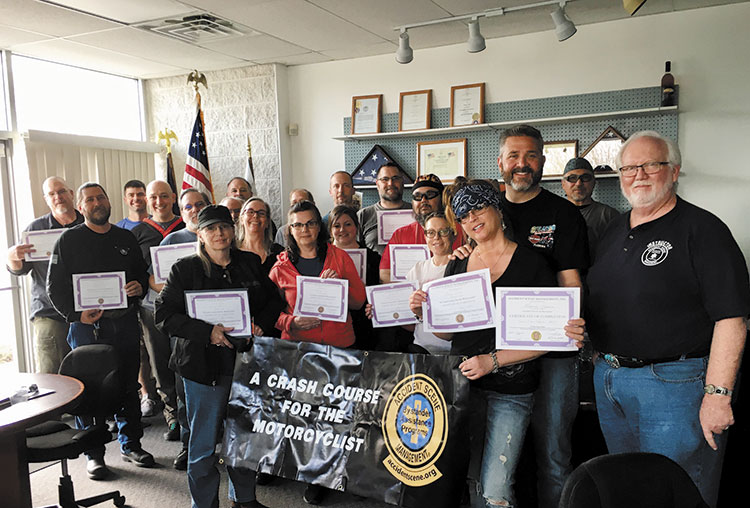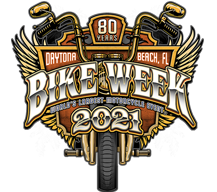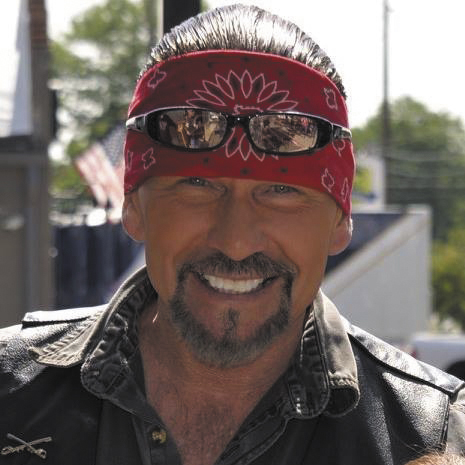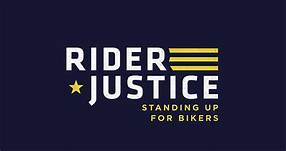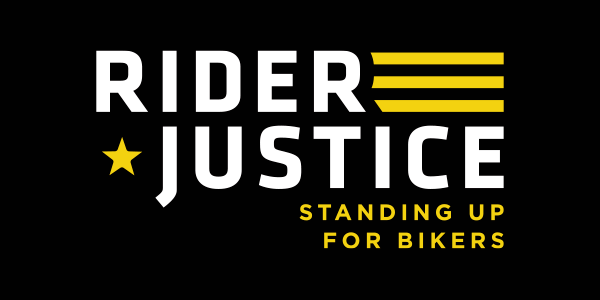
By: Stormy
As a rider who has rode for many years, I have seen my share of friends having accidents. In April, I decided to attend an Accident Scene Management class hosted by BikerDown and Rider Justice, and Executive Director Laurie Montoya asked me to give a rider’s perspective of what I learned in the class. Boy did I learn a lot.
It was called A Crash Course for the Motorcyclist, basic class. I figured since I host and lead rides and road trips, it would be beneficial that I learn things such as:
- Prevent Further Injury
- Assess the Situation
- Contact the EMS
- Treat Injuries
The class was taught by Don Enninga at the Abate of Colorado office in Aurora. He is an instructor for Accident Scene Management/Road Guardian as well as American Heart Association. Don hosts quite a few classes for BikerDown in years past and thru Abate of Colorado.

It is hard for any rider on a nice day, to give up the whole day to take a class, but truly the information that you receive is from motorcycle instructors who ride. This class is geared towards how to react in the event of a motorcycle accident. As many of know there is a big REWARD, but riding does come with its shares of RISKS. This class gives you basic skills that you need to render aid if someone on your ride is injured. It can be as simple as a leg burn, road rash or in extreme circumstances a serious accident where you need to perform some basic skills until paramedics/EMT’s can arrive.
In the classroom, they demonstrated how to use the emergency survival blanket for log rolling and blanket drag. We each had to practice the moves and take turns as the victim, leader, and roller. This emergency survival blanket is awesome; we can use it to protect us from heavy rain or hail as well as moving the injured to a safer location at the accident scene.
We also learned how to properly remove a helmet in the event a rider isn’t breathing, and you must perform CPR. What I found impressive about the class is it wasn’t a class that was so technical that you were lost with medical terminology. It really broke down what every rider should be carrying in their bike in the event of an accident. I bought a trauma kit that includes everything one would need to render proper aid including this blanket. I hope we never have to use it.
Don also taught us about the ABCSS of Trauma which entails:
- A – Airway, open the airway
- B – Breathing, if not breathing, give breath
- C – Circulation, control bleeding
- S – Shock, keep them calm
- S – Spinal Motion Restriction, support the head and neck
I am glad I took this class and looking forward in taking the Advanced Bystander Assistance class as well as the Anatomy of a Motorcycle Crash. Motorcycle riding is my passion, and I know it is very dangerous, but I will not stop riding. At least, I am prepared to manage an accident scene, knock on wood, that I won’t need to.

Rider Justice hosted this event and made it more affordable for us attendees to attend and Don’s guest speaker was Scott O’Sullivan, founder of Rider Justice and The O’Sullivan Law Firm. Scott is a motorcycle attorney who is not only devoted to helping injured riders, but also to preventing motorcycle accidents in the future. We as bikers should carry his business card where ever we ride because he stands up for bikers. Scott has a 20-year history of winning cases for Denver’s motorcycle accident victims. He really cares deeply about bikers, their right to ride, and to be safe while doing it. Please visit their website here.
If you would like more information about hosting your own Accident Scene Management class you can contact Don Enninga at 970-768-5599, you can also visit the Road Guardians’ website to learn more about taking a course.
